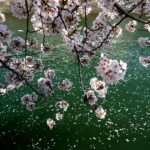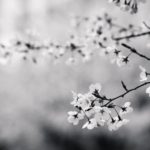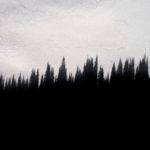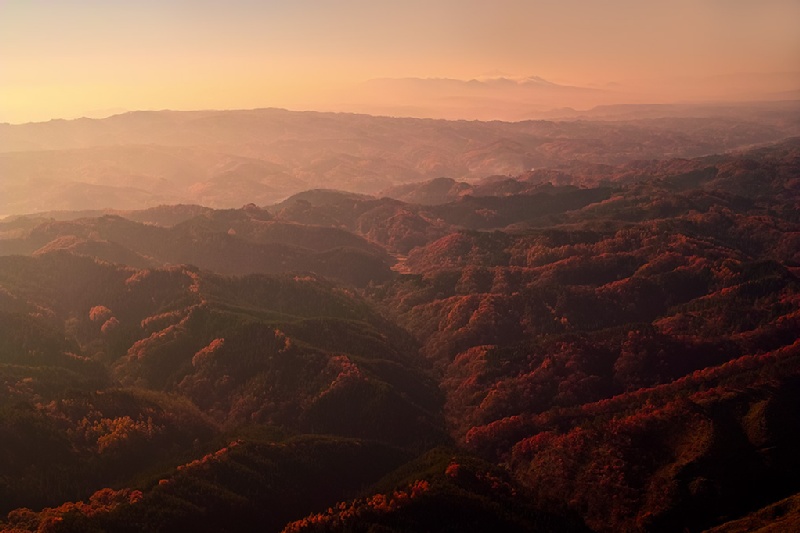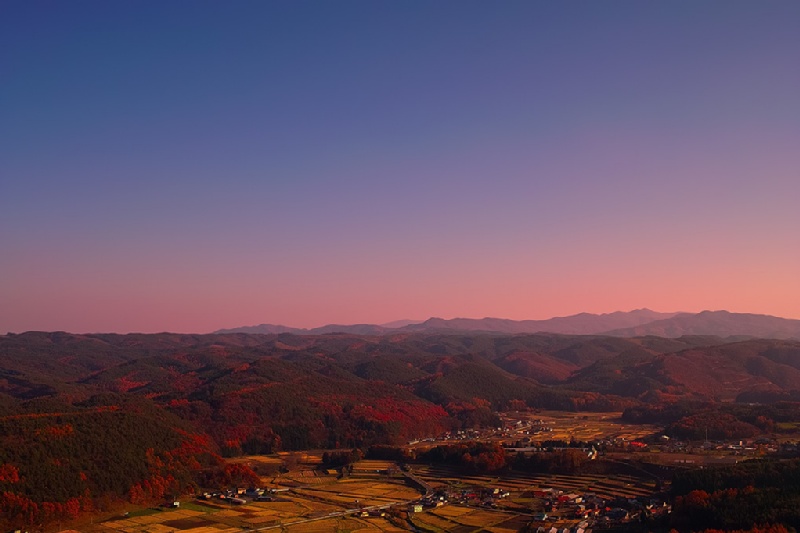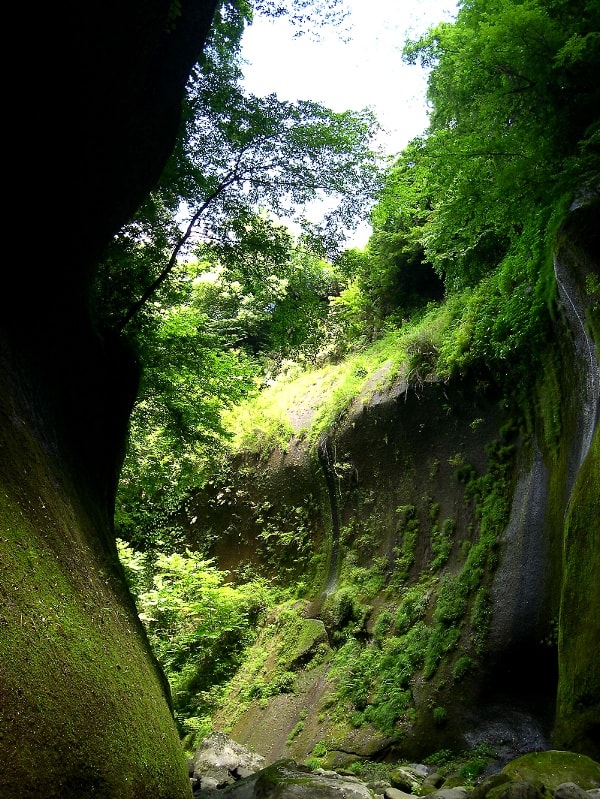Released in 1980, Sonnet of a Fool has been considered one of the best songs by Masashi Sada. Exploring our life journey with striking imagery, this song highlights underlying and inevitable sadness we go through in spite of our thirst for pushing away negativity.
1980年発表の『道化師のソネット』は、さだまさしの代表曲の一つと言えるでしょう。胸を打つイメージの力で人生という旅路を描きながら、悲しみから逃れたいという願望とは裏腹の、根底にある悲しみの避けられなさについて歌っています。
It starts with prayers for smile. There are two kinds of smile: Smile that you give to others and to yourself. You smile to someone in the hope of making a positive influence on the situation when you feel powerless in the face of difficulty. You can also give a smile to yourself, a smile of affirmation. You know you are the first and last person to say yes to who you are.
微笑みを望む気持ちで幕を開けるこの歌ですが、微笑みには2種類あるようです。誰かに対する微笑みと自分に向けた微笑み。誰かに向けて微笑むとき、私たちは自分にできることがないとわかっていながら何とか状況を良くしたいと願う。また、自分に微笑みを向けることもある。「それでいいんだよ」とでもいうような自分を認めてやるような微笑み。自分に対して「大丈夫」と、最初にも最後にも言えるのは自分だけだと。
The song delves into the meaning of sadness by depicting our existence with powerful imagery. Our existence is absurdly small, so incapable and hopeless that we sometimes get lost wondering how to unload overwhelming sadness. The song, however, claims that we are destined to load our life down with sadness. All we can do is let it go just as letting a boat go down the stream. We tend to believe we need to resolve our feelings and get over ourselves at each stage of our life course but our journey doesn’t allow us to tidy things up.
この歌は、聴く人の心にイメージを湧き上がらせながら、人生と悲しみの意味に分け入っていきます。生きていても、私たちの存在はあきれるほどちっぽけで無力、悲しみという荷を降ろしたくもなるものです。しかし、この歌が訴えるのは、むしろ、私たちは悲しみという荷物を積み続けるということです。人生に悲しみを積み続けながら、人生という流れにまかせていくしかない。気持ちに整理をつけようとか、乗り越えようとか、人生の節々に思うわけですが、そうはいかない。
In the office, on the street and at home, we are more or less frustrated and disappointed and need a thrill of a smile, but a fake smile disheartens us all the more. Smile is not there for driving away negativity but for getting us to face the reality in a fun and ridiculous way. We need to start from this understanding that we sometimes have to play out a fool to confront challenges and a fool knows our existence is weak, small and sorrowful.
職場で、街で、家庭で、葛藤や失望を味わい、微笑みの温かさを求めるものですが、作り笑いではもっと惨めになる。微笑みは、嫌な気持ちを忘れるためにあるのでなく、笑ってしまうようなやり方で現実に向き合うためにある。困難に向き合うためには、道化師を演じ切る必要も時にはあり、道化師こそが人生の弱さと卑小さと悲しみを知っているのだと、そう思えたら始められるのです。
Sonnet Of A Fool
I wanna see your smile
So both of us can go another mileOur existence is like a tiny boat
Loaded with sadness
With each of us at the helm
Steering down the passage of timeYour hands, so small
With overwhelming sadness
If a smile could help you out,
I would be a foolBecause
I wanna see your smile
So both of us can go another mile
All of us have our own journey to go
Walking along the same streamOur existence is like a climb
To each summit to conquer
As tireless as wayfarers
Toiling over the vast expanseYour arms, so weak
Filled with unbearable sadness
If a smile could help you out,
I would be a fool




